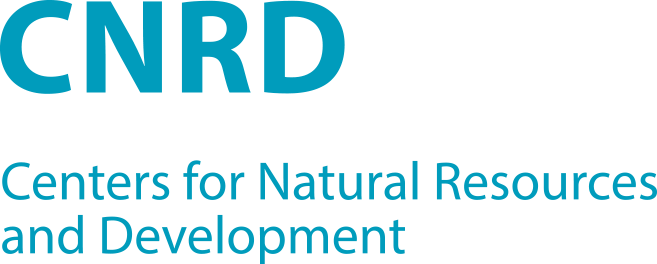August 20, 2024
Water Security & Climate Change Conference 2024
The Water Security & Climate Change Conference (WSCC) 2024 is organised and hosted by the University of Giessen. All information can be found on the website of the University of Giessen
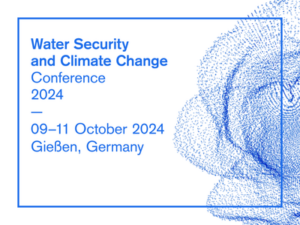
June 6, 2023
Call for Abstracts: Water Security and Climate Change Conference (WSCC)
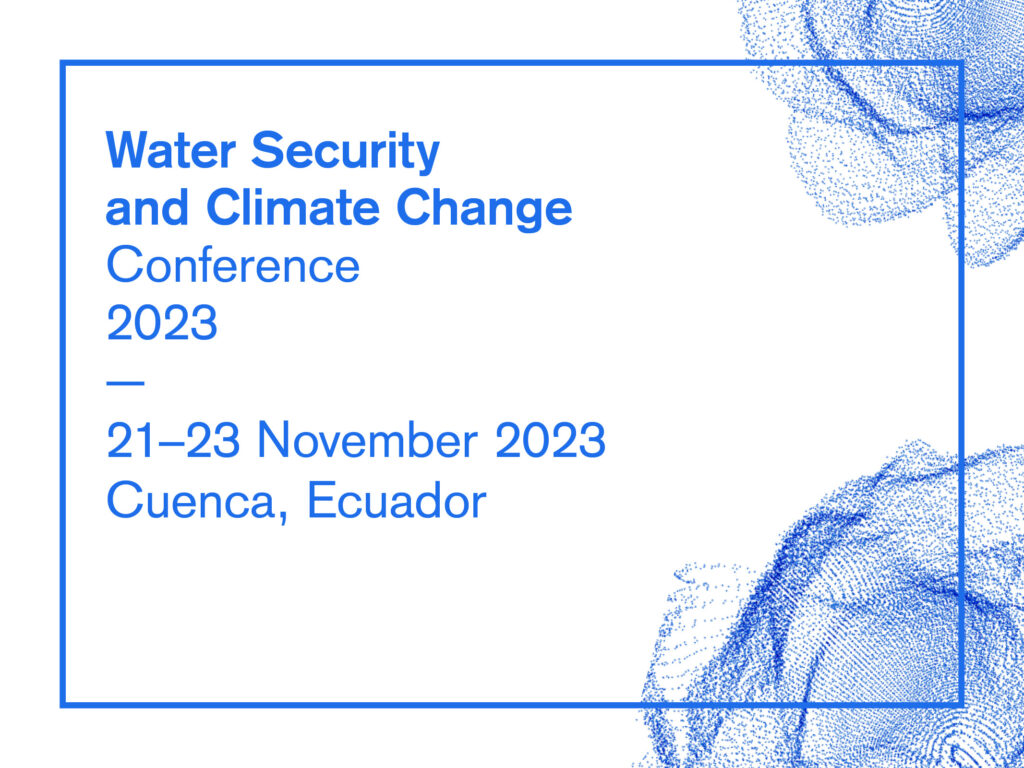 The Water Security and Climate Change Conference (WSCC) is thrilled to announce that the abstract submission process is now open! Join us at the Universidad de Cuenca, Ecuador on 21-23 of November 2023 to share your research and insights with experts from around the world.
The Water Security and Climate Change Conference (WSCC) is thrilled to announce that the abstract submission process is now open! Join us at the Universidad de Cuenca, Ecuador on 21-23 of November 2023 to share your research and insights with experts from around the world.
This year’s conference theme, Coping with extremes: Impacts & Innovation for Adaption, will delve into the latest advancements, challenges, and opportunities in diverse facets of water security and its relationship to climate variability and climate change. We invite abstract submissions related to one of the conference themes:
1) Water and Climate: Challenges, Opportunities, and Innovative Solutions
2) Water & Climate Resilience in Agri-Food Systems
3) Water Security: Science-Policy-Society Dialogue (Priorities & Implementation)
Don’t miss this opportunity to present your findings, engage in dynamic discussions, and expand your professional network. Submit your abstract now and be a part of the WSCC23!
Abstract Submission Deadline: 31 July 2023
The conference is supported by the German Academic Exchange Service (DAAD | Deutscher Akademischer Austauschdienst) from funds of the Federal Ministry for Economic Cooperation (Bundesministerium für wirtschaftliche Zusammenarbeit und Entwicklung (BMZ)).
March 30, 2023
WSCC Conference 2023: 21-23 November in Cuenca, Ecuador

We are very pleased to announce that another edition of the Water Security and Climate Change (WSCC) conference will be held in 2023.
From 21-23 November, the conference will take place in Cuenca, Ecuador – hosted by the Universidad de Cuenca.
We look forward to your contributions and participation!
Detailed information about the conference will be released soon.
The abstract submissions will open in June.
Visit us on watersecurity.info
December 22, 2022
WSCC 2022 – Interdisciplinary exchange continues
Water Security and Climate Change conference 2022

The Water Security and Climate Change conference (WSCC) was held from December 1-3, 2022. The event was hosted by the Asian Institute of Technology (AIT), which welcomed about 270 participants in Bangkok, Thailand. As in the previous year, WSCC 2022 was organized in a hybrid way and participation was also possible remotely. This extended the reach of the WSCC and the conference continued the success of the previous years. A diverse group of stakeholders from academia, policy, industry, and civil society from more than 30 countries attended 34 thematic sessions, seven keynotes speeches, and panel discussions. In this way, the WSCC in 2022 was again characterized by a high level of transdisciplinary interaction and achieved its goal of connecting stakeholders and decision makers from different sectors.
The WSCC was founded in 2016 in the context of the cooperation of distinguished university networks that emerged from the DAAD’s ‘Higher Education Excellence in Development Cooperation – exceed’ program. Since then, the WSCC has been held annually and has grown over time, not only in terms of participants but also in terms of the organizing committee. The WSCC is now organized by numerous networks and partners who join their forces and expertise in order to release synergies. The WSCC 2022 was organized by the Sustainable Water Management in Developing Countries network (SWINDON), Centers for Natural Resources and Development (CNRD), Asian Institute of Technology (AIT), Food Security Center (FSC), the SDGnexus Network, and the Global Water and Climate Adaptation Centre (ABCD Centre).
On the WSCC website you will find the recorded sessions, keynotes and panel discussion as well as many pictures and impressions.
We are very pleased to announce that the WSCC conference series will continue in 2023 in Chennai, India and plans are already in place for the following year. We are looking forward to a prospering future and cooperation within the WSCC community.
November 3, 2022
WSCC 2022 – From Bangkok to the World
6th Water Security and Climate Change conference takes place in Bangkok, Thailand
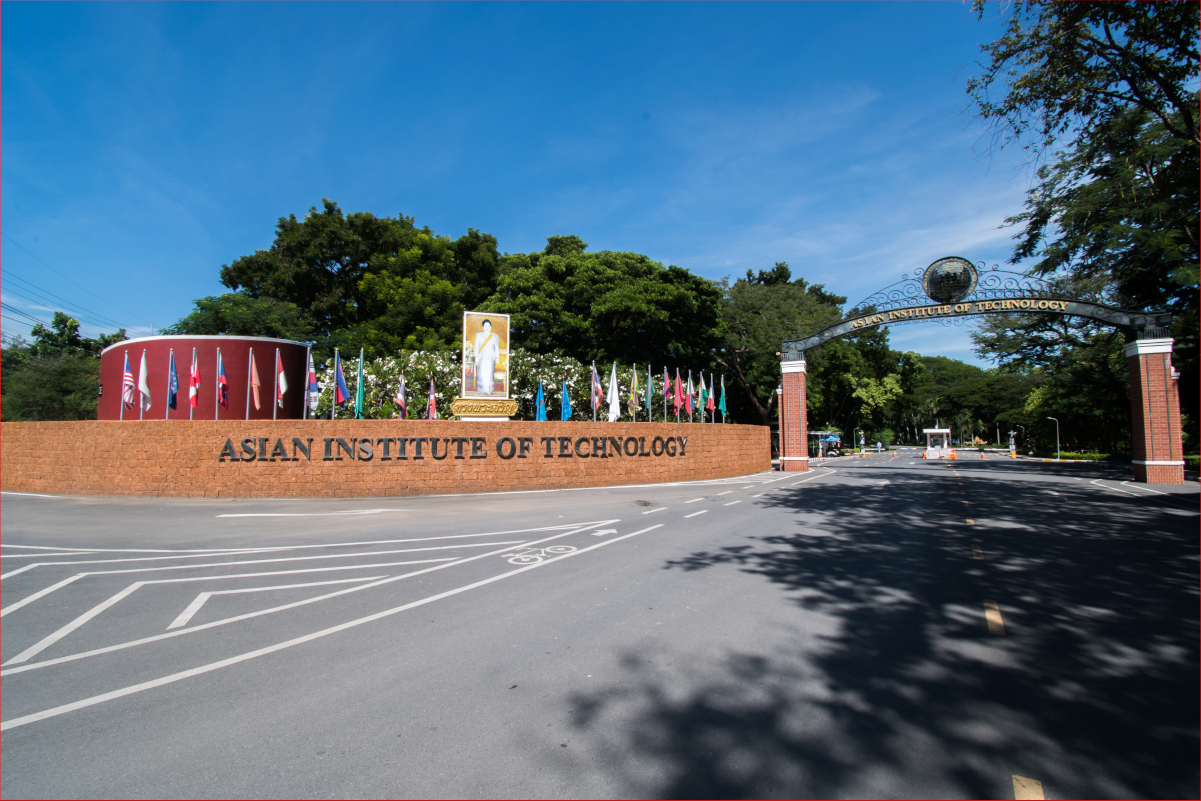
From 1-3 December 2022, the Water Security and Climate Change conference (WSCC) will take place as hybrid event; participation is possible online and on-site.
The WSCC is an annual event where scientists, policy makers, and stakeholders from various sectors discuss the diverse facets of water security and its relationship to climate variability and climate change. In this sense, the WSCC strives to go beyond science and build bridges between the state-of-the-art in multiple disciplines and different groups of stakeholders and practitioners. WSCC aims to provide a platform for discussions on water and food-secure societies, by creating a stimulating environment that produces innovative ideas and clear pathways towards their implementation.
The WSCC has already taken place in Thailand, Germany, Kenya, Mexico, and Vietnam. We are very pleased that the WSCC will return to its roots in 2022 and will be organized by the Asian Institute of Technology at Novotel Bangkok Future Park Rangsit, Thailand.
The WSCC is an initiative of the ‘Higher Education Excellence in Development Cooperation – exceed’ program, and has been implemented under the auspices of the Sustainable Water Management in Developing Countries network (SWINDON) and the Centers for Natural Resources and Development (CNRD) in close cooperation with the Asian Institute of Technology (AIT). Due to its success since its beginning, the scientific and organizational committee has been continuously expanded and today includes the Food Security Center (FSC), the SDGnexus Network, as well as the Global Water and Climate Adaptation Centre (ABCD Centre).
We’re looking forward to your participation. For more information, please visit: https://watersecurity.info/
October 22, 2021
Strategic Environmental Assessment (SEA) – Training Course
Announcement
Training course
Strategic Environmental Assessment (SEA)
29 November – 10 December 2021
The training course
The course is a 15-hour online training that includes theoretical and practical training sessions on key themes, concepts, and methodologies applied in Strategic Environmental Assessment (SEA). SEA is a systematic, decision aiding procedure for evaluating the likely significant environmental effects of a policy, plan, or program (PPP) through their development process and beginning at the earliest opportunity. In other words, it is an environmental assessment done at a high strategic level of decision-making (i.e., at the PPP level). It aims mainly at 1) integrating environmental considerations into the PPP and evaluating the interlinkages with economic and social considerations, and 2) predicting coherences and contradictions with other national and local PPPs. SEA involves evaluation and analysis processes, reporting and recommendation of sustainable measures to mitigate adverse environmental and socio-economic impacts of the PPP, and consideration of the findings in the decision-making processes.
Date 29 November – 10 December 2021 (Monday-Friday), ,
time 01:30-03:00 pm (GMT+2:00)
platform via Zoom
language english
number of participants 15-20 participants
registration until 18 November 2021
fees Thanks to the financial support of the Centers for Natural Resources and Development (CNRD) no registration fees are requested!
What is Strategic Environmental Assessment (SEA)?
SEA is a systematic, decision aiding procedure for evaluating the likely significant environmental effects of a policy, plan, or program (PPP) through their development process and beginning at the earliest opportunity. In other words, it is an environmental assessment done at a high strategic level of decision- making (i.e., at the PPP level). It aims mainly at 1) integrating environmental considerations into the PPP and evaluating the interlinkages with economic and social considerations, and 2) predicting coherences and contradictions with other national and local PPPs. SEA involves evaluation and analysis processes, reporting and recommendation of sustainable measures to mitigate adverse environmental and socio-economic impacts of the PPP, and consideration of the findings in the decision-making processes (i.e., adjustment). While SEA is considered a crucial tool promoting education on environmental politics, it cannot be applied without the fundamental involvement of the stakeholders and the public, including the participation of women, the youth, and other vulnerable groups) from the very beginning and throughout the whole SEA process to promote their role in decision-making.
What is the motivation and rational behind this training course?
SEA is acknowledged as an important decision support tool. Despite the emphasis on the significance of this tool in the international arena and its application in some parts of the world like the USA, Sweden, Canada, the UK, the Netherlands, Denmark, Hong Kong, and New Zealand, SEA is still rarely applied (if any) to policy- and decision-making processes related to environmental initiatives in other parts of the world, such as Latin America, East Asia, South Asia, the Middle East, and Africa. Hence, there is a need to spread the knowledge and practice of SEA among planners and policy-makers in these regions.
Whom is this training course for?
1. Policy and decision-makers, planners, and technical staff who participate directly or indirectly in developing environmental policies, strategies, and programs at the national and local levels from governmental and non-governmental organizations, private sector, academic institutions, community-based and civil society organizations.
2. Post-graduate students at universities or academic institutions who are enrolled in environmental studies, ecological studies, political and law studies, environmental and civil engineering, urban planning, rural development, social and sustainability studies.
What are we offering? And How?
The online training course comprises the following five modules:
− Module 1: Introduction and Background to SEA
− Module 2: Applied SEA – Screening & Scoping
− Module 3: Applied SEA – Assessment (Tools and Methods)
− Module 4: Stakeholders’ Involvement and Public Participation
− Module 5: SEA Report and Quality Assurance & Monitoring
The modules summarize state of the art knowledge and practice of SEA. The online course uses a blended learning method that includes a combination of recorded lecture videos, virtual (online) lectures, hands-on learning sessions, and self-study. The recorded and virtual lectures provide theoretical and conceptual explanations of different aspects related to approaches, models, applications, legal frameworks, and limitations of SEA. In the hands-on learning sessions, we analyze and assess case studies of country national or local PPPs considering context-specificity of the country. In these sessions, we use mainly learning-by-doing individual and group exercises, group discussions and presentations, questions and answers (Q&A), and quizzes. These methods are used to apply various aspects associated with performing/applying SEA analytical and assessment processes. The case study can be a PPP that is drafted recently or is to be renewed in the near future to be submitted to SEA for drawing conclusions and recommendations. Self-study entails reviewing recommended readings and case studies assigned by the trainer. Some of the readings will be sent to the participants a week ahead of the training course.
What will you be able to achieve after completing the training course?
You will be able to plan and perform SEA by applying its standard methodological approaches and understand SEA reports submitted to support decision making processes in environmental management.
In specific, you will be able to
1. Have understanding of sound environmental management (i.e., integrating environmental sustainability considerations in strategic planning and decision-making).
2. Have understanding of different SEA definitions and objectives, various SEA approaches, applications, models and tools.
3. Define strategic actions – policies, plans and programs, and explain their role in relation to social objectives.
4. Explain role and benefits of SEA in the decision-making process.
5. Explain relationship and differences between SEA and EIA.
6. Identify and explain key SEA principles and performance criteria.
7. Applying different SEA analytical and assessment approaches.
8. Recognize strengths and limitations of different SEA case studies.
9. Be familiar with different legal contexts and frameworks of SEA (i.e., SEA laws in different countries)
Prerequisites
1. Good proficiency in English.
2. Interested in the topic of the training course.
3. Participants’ background in one or more of the following fields is preferable for achieving the workshop learning outcome: Environmental studies, ecological studies, political and law studies, environmental and civil engineering, urban planning, rural development, social and sustainability studies.
4. Participants’ involvement in planning and policy-making in their professions will maximize their benefit from the training course.
How to register?
The only step you need to do to register for the training course is to send us an e mail at suha.al-madbouh[at]th-koeln.de until 18 November 2021 expressing your interest in joining our training course.
You will be receiving a participation confirmation e-mail between 20-22 November 2021.
Contact
Trainer: Dr. Suha Al-Madbouh
E-mail: suha.al-madbouh[at]th-koeln.de
Online LinkedIn profile
April 1, 2021
WSCC 21 – From Hanoi to the World
5th Water Security and Climate Change conference sees surge in participants due to hybrid format
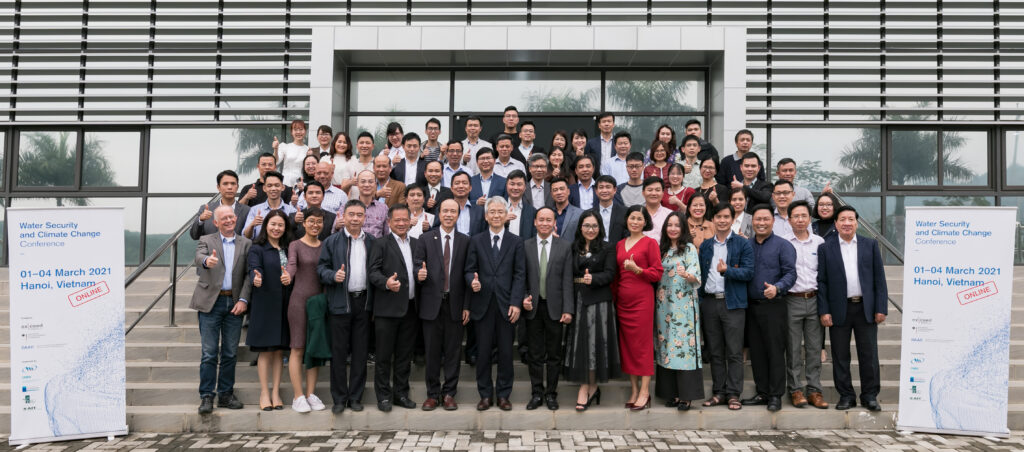 From 1-4 March 2021, the Water Security and Climate Change (WSCC) conference was held both at the Regional Research and Training Center of the Vietnam Academy for Water Resources and concurrently digitally. Around 100 delegates in Hanoi and 461 online participants joined 20 thematic sessions, four keynote speeches as well as round table discussions. With this high attendance, the WSCC 2021 not only increased its outreach in pure statistics but set new standards for the conference series in terms of interdisciplinary cooperation and networking. In different matchmaking formats, the participants were brought in contact with one another in order to identify joint interests and elaborate future cooperation. Despite the digital format, the WSCC is thus characterized by a high degree of interaction and met the goal of linking stakeholders and practitioners from science, policy and society.
From 1-4 March 2021, the Water Security and Climate Change (WSCC) conference was held both at the Regional Research and Training Center of the Vietnam Academy for Water Resources and concurrently digitally. Around 100 delegates in Hanoi and 461 online participants joined 20 thematic sessions, four keynote speeches as well as round table discussions. With this high attendance, the WSCC 2021 not only increased its outreach in pure statistics but set new standards for the conference series in terms of interdisciplinary cooperation and networking. In different matchmaking formats, the participants were brought in contact with one another in order to identify joint interests and elaborate future cooperation. Despite the digital format, the WSCC is thus characterized by a high degree of interaction and met the goal of linking stakeholders and practitioners from science, policy and society.
The WSCC is an initiative of the ‘Higher Education Excellence in Development Cooperation – exceed’ program, funded by the German Academic Exchange Service and the Federal Ministry for Economic Cooperation and Development. The conference has been implemented since 2016 under the auspices of the Centers for Natural Resources and Development (CNRD), the Sustainable Water Management in Developing Countries (SWINDON) network, the Food Security Center (FSC) as well as the Asian Institute of Technology (AIT).
A continuation of the conference series in 2022 is currently being discussed, the decision will be announced on the WSCC website soon. Here you will also find a graphical summary of the conference key messages, the recorded sessions, keynotes and round tables as well as many pictures and impressions. Please visit https://watersecurity.info/.
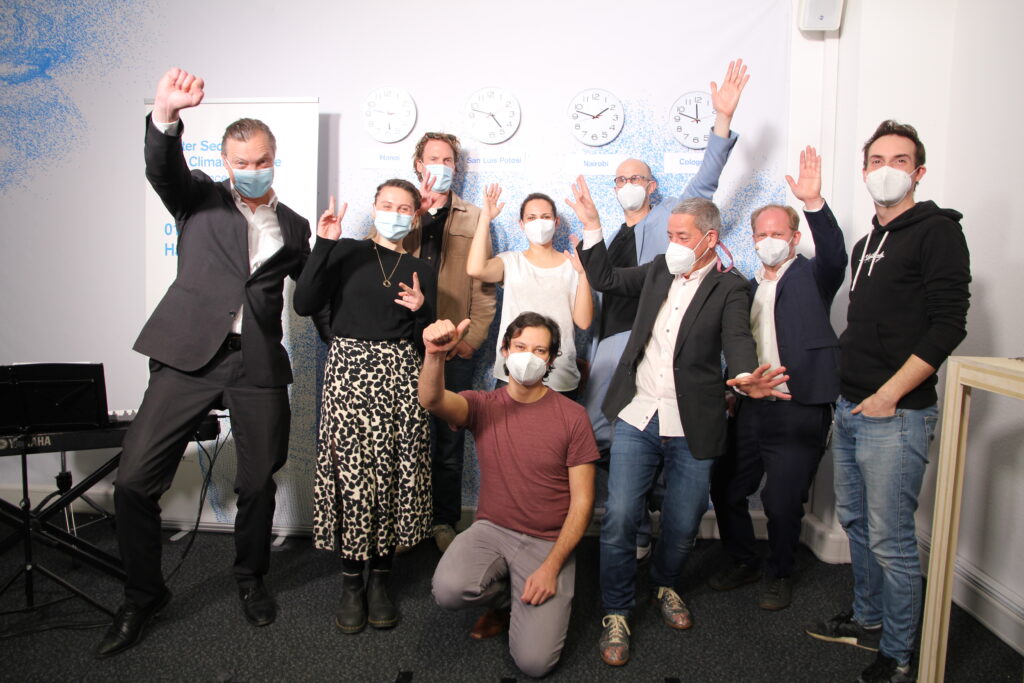
March 19, 2020
Launching the new MSc program IWRM-LAC
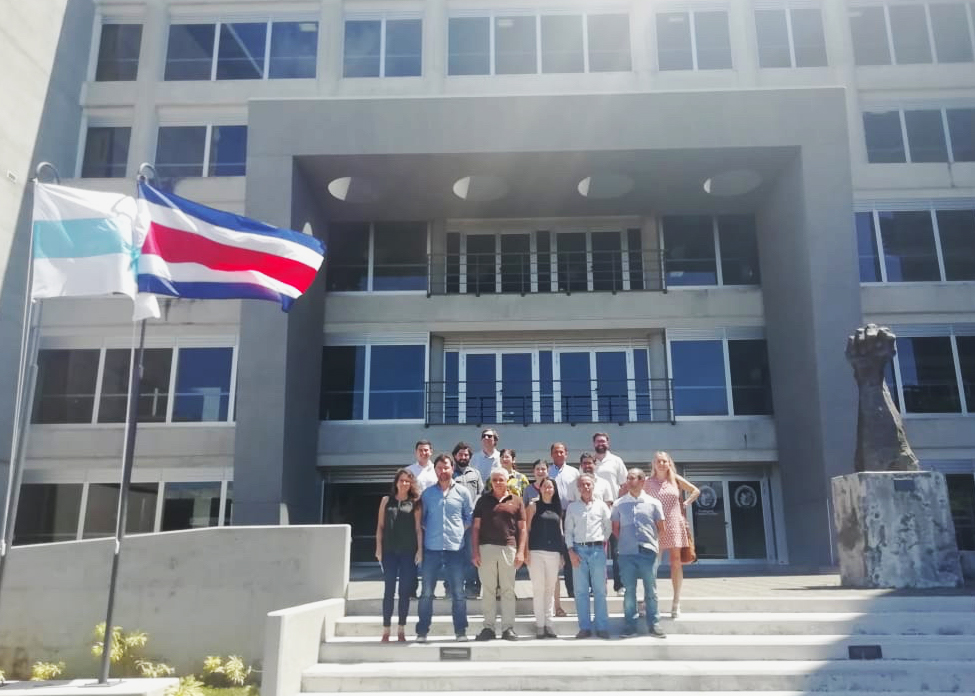
Curriculum development workshop for the new MSc Program “Integrated Water Resources Management for Latin America and the Caribbean” (IWRM-LAC)
Call for applications for the MSC Program IWRM-LAC here
In August 2020, the University of Costa Rica (UCR) in San José is going to launch the new MSc program “Integrated Water Resources Management for Latin America and the Caribbean”.
The curriculum of the master program is framed after the MSc program: “Integrated Water Resources Management” currently offered at the Institute for Technology and Resources Management (ITT), TH Köln, Germany (MORE).
From 2th-5th of March 2020, lecturers from the ITT as well as from the National University of Colombia; University Javeriana, Colombia; Autonomous University of San Luis Potosi, Mexico and University of La Frontera, Chile, met at the UCR in Costa Rica to adapt the curriculum to water management challenges and environmental conditions of Latin America and the Caribbean.
Furthermore, we designed IWRM related research projects in South American river basins and discussed the incorporation of our regional pilot case studies into the curriculum of the new master program. By confronting students with real life case studies in the pilot river basins, we aim at applying the praxis-oriented teaching method “Enquiry Based Learning” (EBL). The EBL didactic method is considered an effective way to educate students towards self-determined knowledge creation, lifelong learning and leadership.
March 16, 2020
New Master Program coming up – IWRM LAC
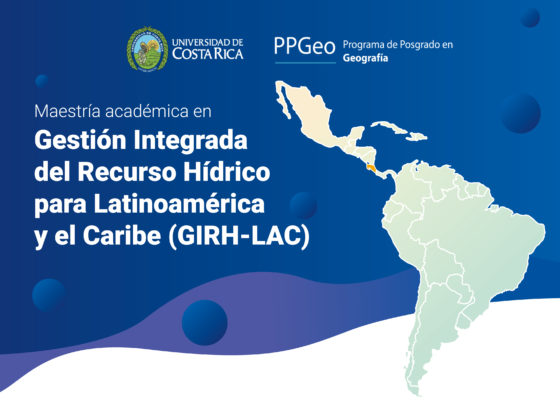
New Master of Science Program in Integrated Water Resources Management for Latin America and the Caribbean (IWRM-LAC)
San José, Costa Rica
The MSc program will be inaugurated in August 2020 at the University of Costa Rica in San José. Call for applications here
The University of Costa Rica (UCR), School of Geography, is offering a new master program in Integrated Water Resources Management with focus on Latin America and the Caribbean.
The MSc program is implemented at the UCR in the scope of a DAAD funded project “Integrated Water Resources Management for Latin America and the Caribbean – IWRM LAC” in the program: “Transnational Education – Degree Programs offered abroad by German Institutions”. The project is coordinated by the Institute for Technology and Resources Management in the Tropics and Subtropics (ITT), TH Köln, Germany.
The study covers a period of four semesters. The internationally oriented program gives students from Latin America and the Caribbean the opportunity to start their studies in San José and to spend an exchange semester at TH Cologne, Germany.
Courses in Costa Rica are taught in Spanish and English. The teaching language at the ITT is English. The curriculum of the master program is framed after the MSc program: “Integrated Water Resources Management” currently offered at ITT, TH Köln (LINK).
The graduates will receive the final degree Master of Science in Integrated Water Resources Management issued by the University of Costa Rica.
January 30, 2020
Extended Funding of CNRD
Sharing of knowledge between universities
Funding for Centers for Natural Resources and Development (CNRD) at TH Köln
For more than ten years the Centers for Natural Resources and Development at TH Köln (University of Applied Sciences) have been connecting universities worldwide with a focus on teaching and research on the management of natural resources. 34 scientific institutions are currently cooperating within the network. CNRD is now being funded for another three years through the exceed program of the German Academic Exchange Service (DAAD) in order to pass on its many years of experience to new exceed centers.
With the exceed program, the DAAD promotes cooperation with reference to the Sustainable Development Goals (SDGs) between German universities and universities in countries in the global south. In 2009 the funding started with five projects – including the CNRD, coordinated by Prof. Dr. Lars Ribbe from the Institute for Technology and Resource Management in the Tropics and Subtropics (ITT). For a further funding phase, seven new projects have now been selected, which benefit from the experience of the preceding projects.
“The CNRD network has grown steadily since it was founded and today supports multilateral master -, doctoral – and online programs, conducts cooperative research projects and regularly organizes specialist conferences. In particular, it has designed a model for integrating teaching, research, transfer and application in the form of living laboratories, that are currently being implemented with numerous partners worldwide. We are pleased to pass on this management knowledge to the new exceed centers”, says Professor Ribbe, former head of the ITT and currently founding dean of the Faculty for Spatial Development and Infrastructure Systems.
In addition to the transfer of expertise, the CNRD will also continue its previous activities.



